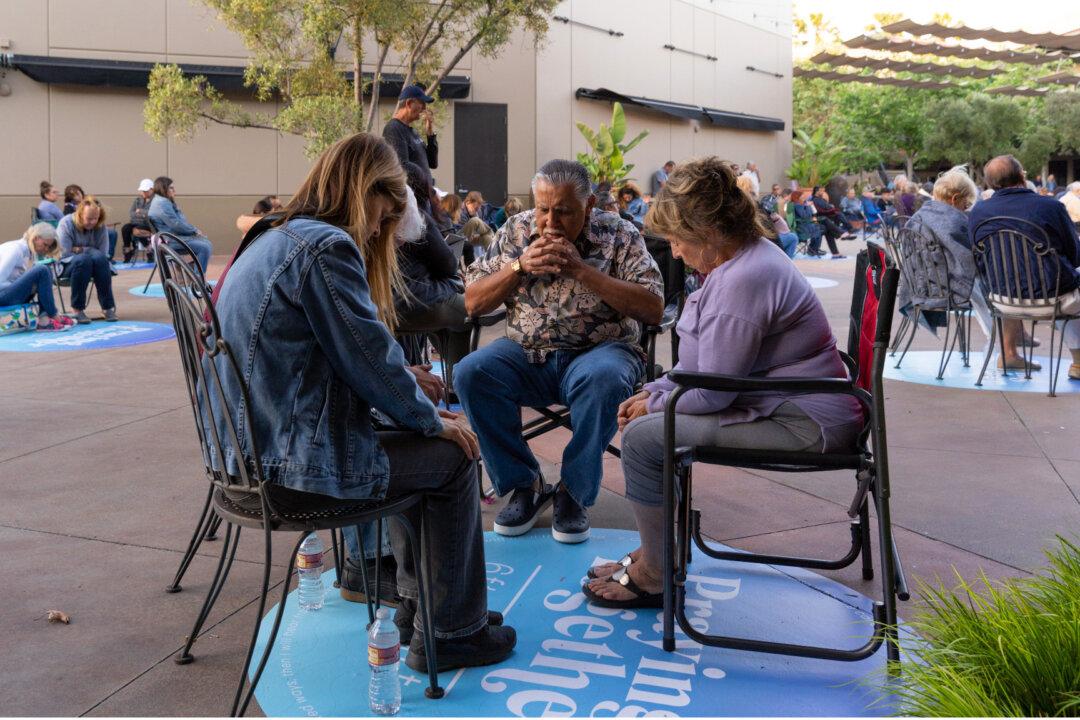Encouraging families to pray together connects them, strengthens the bond between their members through faith and this can have a ripple effect throughout society, changing the whole nation, Rev. David Guffey told The Epoch Times.
Through peaceful prayer gatherings people in the Philippines were able to overcome political turmoil in 1986, Guffey, executive producer of the documentary “Pray: The Story of Patrick Peyton,” said on The Epoch Times’ “Crossroads.”







